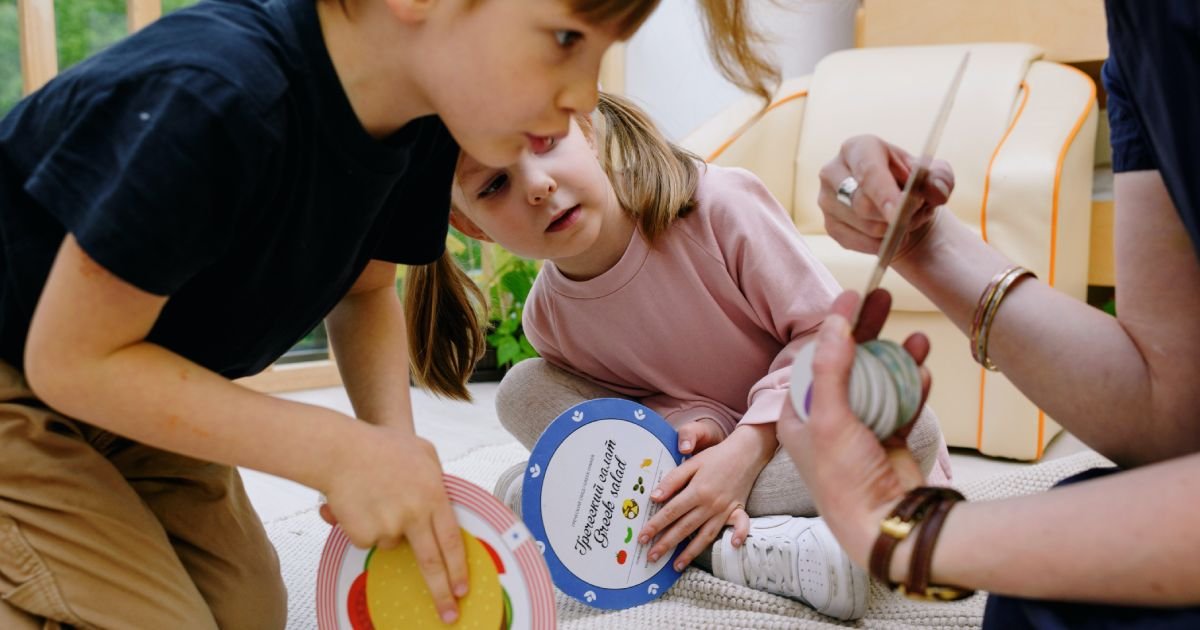Photo by Brett Sayles from Pexels
Talking about money in an aware and mindful way is something that’s challenging for adults, let alone children. It’s boring, confusing and uncomfortable for a lot of us. Nevertheless, it is critical to talk about money to have a balanced and stress-free life surrounded by meaningful connections with friends and family.
It’s true that we learn a lot about money in the journey of life itself. Experience teaches us. However, why not give our kids the advantage of understanding the value and impact of financial decisions at an early stage? Money touches almost every aspect of our lives be it relationships, health, career or even the environment that surrounds us. Isn’t it prudent then that money decisions be well thought out and made with awareness?
An early start to making money decisions can help your child be prepared to make fewer mistakes and missteps. Also, your child is better prepared to fix those mistakes as and when they do occur.
Talking to your children about money means giving them an edge to succeed in life.
1. Confidence
When we as adults make money decisions with certainty and authority, we gain confidence in our own ability to manage and control outcomes. Children benefit from this too. About six months ago, our 11-year-old son asked for a new pair of eyewear for his squash lessons. We asked him why he needed a new pair, given that the ones he is using currently seemed to be in a perfect state. He argued that they were fogging up and he found it difficult to play. While playing squash, eyewear is recommended to prevent injury as the ball is warm and travels too fast, with limited space to move, players can get hurt badly.
We deliberated and told him that he could buy a new pair but would have to use his saved up pocket money. We then did a quick search on Amazon and found a suitable quality pair for around Rs 2,000. We were willing to buy it, but just to be sure, we delayed the purchase by a few days. Not surprisingly, in those few days, he decided against the purchase and till date continues to use his old pair. Turns out, it was just a matter of cleaning the glasses properly.
Awareness of how much things cost and the value of what you can do with the money instead is an important step for your child to gain confidence in money decisions. Starting out this experience early will help your child make confident choices and decisions in their adult life with great ease.
They will realise when to stop and save, when to spend and the difference between needs and wants, which itself can be a big leap in gaining confidence with money.
2. Independence
While we would all like to hold on to our children and have them in our lives daily, at some stage they are going to grow up and want a life of their own. When that stage comes, the ability to make choices independently will set your child up for a peaceful money life. No matter how good it may feel to help out with their money decisions, their ability to make independent choices is actually good for them in the long run. Dependency can easily turn to over-dependency which can often become a bane in your child’s adult life especially when it comes to managing their own nuclear family.
An extreme result of being over-dependent on others for making financial decisions can be the failure in managing one’s money life. This kind of failure then leads to other hurdles which impact family relationships, professional success and may even create financial insecurity when your (adult) child interacts with others who are fairly successful in managing this part of their lives.
Gift your child the ability to make independent financial decisions early in life and reap the benefits by seeing them embrace a peaceful relationship with money as adults.
3. Early bird advantage
The early bird advantage is specifically relevant when you help your child not just understand the value of money and saving it for the future, but also the value of making suitable investments. Long term investing relies majorly on two things, picking good quality investments that compound value and secondly, remaining invested for the long term. Rs 1 lakh invested for 10 years at 10% give you Rs 2.59 lakh at the end of that period, in 20 years it more than doubles to Rs 6.72 and in 30 years it can potentially become Rs 17.45 lakh! That is the early bird advantage.
By starting your child out on basic investments at say, the age of 10, you are giving them the gift of financial security by the time they reach 40 years of age.
Here is the caveat, don’t just invest for them. In all likelihood, if you simply give them money, they will spend it. Let them invest what they save and see the benefits compound over the years.
Thanks to technology, investing small amounts on a regular basis has become an easy task. There is no excuse to deprive your child now of this early bird advantage.
Take a leap of faith and make your child financially aware early in their lives; it will only lead to better money habits and their ability to achieve financial freedom early in life.
All this is achievable if you take that first step and don’t shy away from talking to your children about money. You don’t have to explain complicated maths or money dynamics, just talk to them about the basics. Talk to them about the value of money, about saving and lastly about investing in their own financial future.
Just talk.







0 Comments